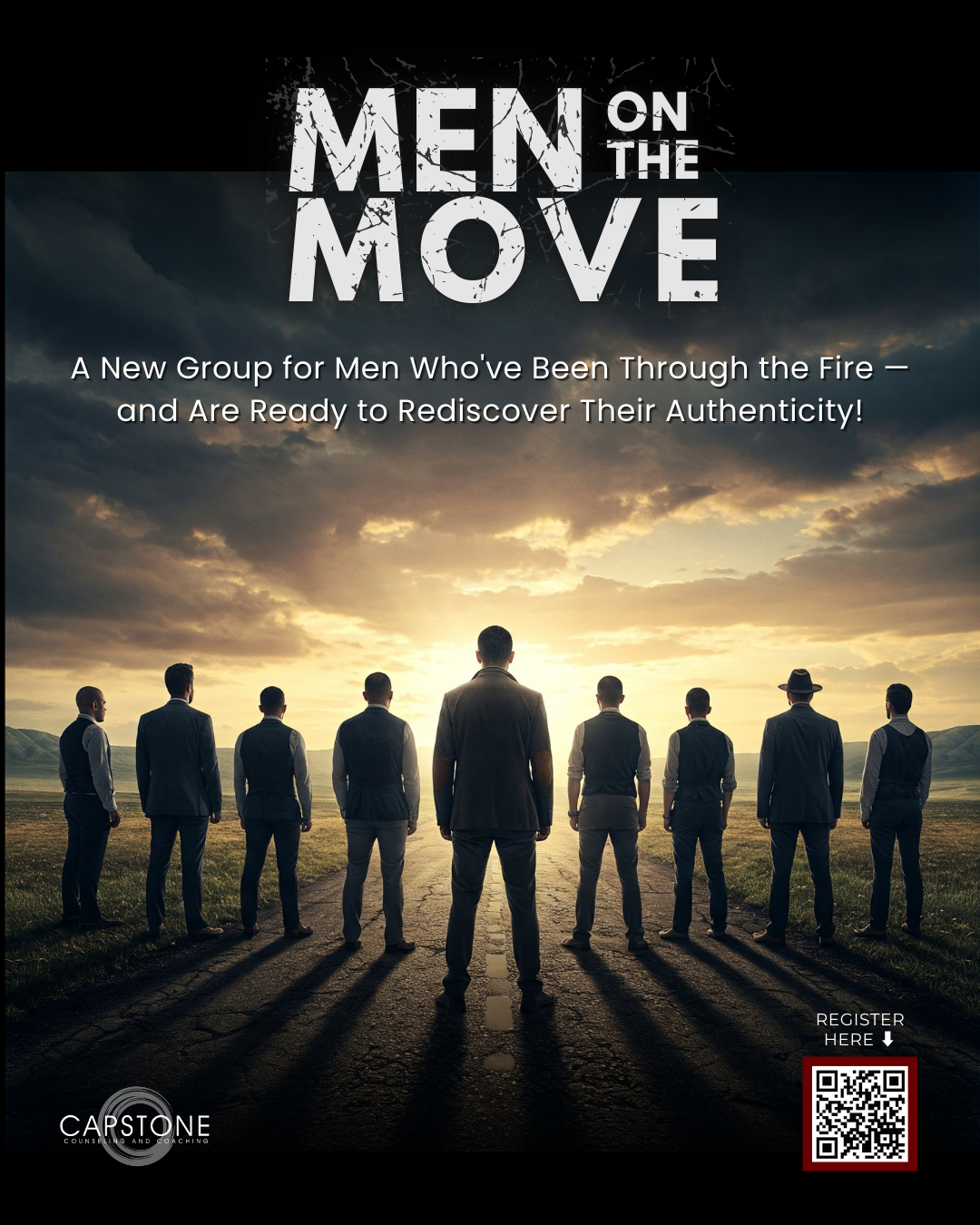Having the pleasure of working with adolescents here at Capstone Counseling and Coaching, we see firsthand the profound impact that mental health challenges, particularly anxiety, have on Generation Z. Now, the question for parents is: How can you guide your kids through this whirlwind of emotions when your own memories of childhood involve dialing up to the internet on a 56k modem and praying no one picked up the phone? Ah, simpler times. But in all seriousness, parenting in today’s world — where your child’s worries are being shaped by Instagram posts, global crises, and the ever-present glow of a screen — is no easy feat. It’s a challenge that every generation faces, but this one feels like it’s on fast forward.
When we think back to our own adolescence, we all remember those awkward years — self-conscious moments, uncertain social identities, and the lingering certainty that we knew more than our parents (don’t we always?). But in reality, as our kids explore their independence, they may need our guidance more than ever. The difference is that now, the support they need has to be both relevant and relatable. In a world where they communicate in memes and TikTok dances, our responses must not only be wise but also on-point. And while we may not have all the answers (after all, we never got a manual for raising these screen-savvy, emoji-loving teens), staying connected and present can make all the difference.
At Capstone, we’ve noticed five critical areas where mental health struggles often intersect with the lives of today’s teens and young adults. In addition to the universal challenges of self-discovery, social identity, and navigating relationships, these areas — screen time, social media, academic pressure, global crises, and the erosion of real-world social skills — are contributing to a storm of anxiety. The good news is that understanding these issues can equip parents to support their children and guide them through the mental health maze.
Five Trends of Mental Health Struggles for Teens and Young Adults
1. Screen Time and Digital Dependency: Anxiety in the Age of Screens
Adolescents and young adults need strong support systems to navigate these challenges and thrive. Whether through therapy, open communication, or tools to manage screen time, creating safe spaces for dialogue and fostering emotional intelligence can help them tackle anxiety head-on. Parents don’t need to have all the answers, but being there, staying connected, and helping them build resilience goes a long way.
At Capstone Counseling and Coaching, we are here to help Gen Z (and their parents) find healthier ways to cope, reduce anxiety, and develop meaningful connections — in the real world, not just on Instagram. Together, we can support this generation to grow stronger, one TikTok dance at a time. To learn more about upcoming workshops for adolescents, young adults, and parents at Capstone Counseling and Coaching, visit our website at
www.capstoneatlanta.com.


















